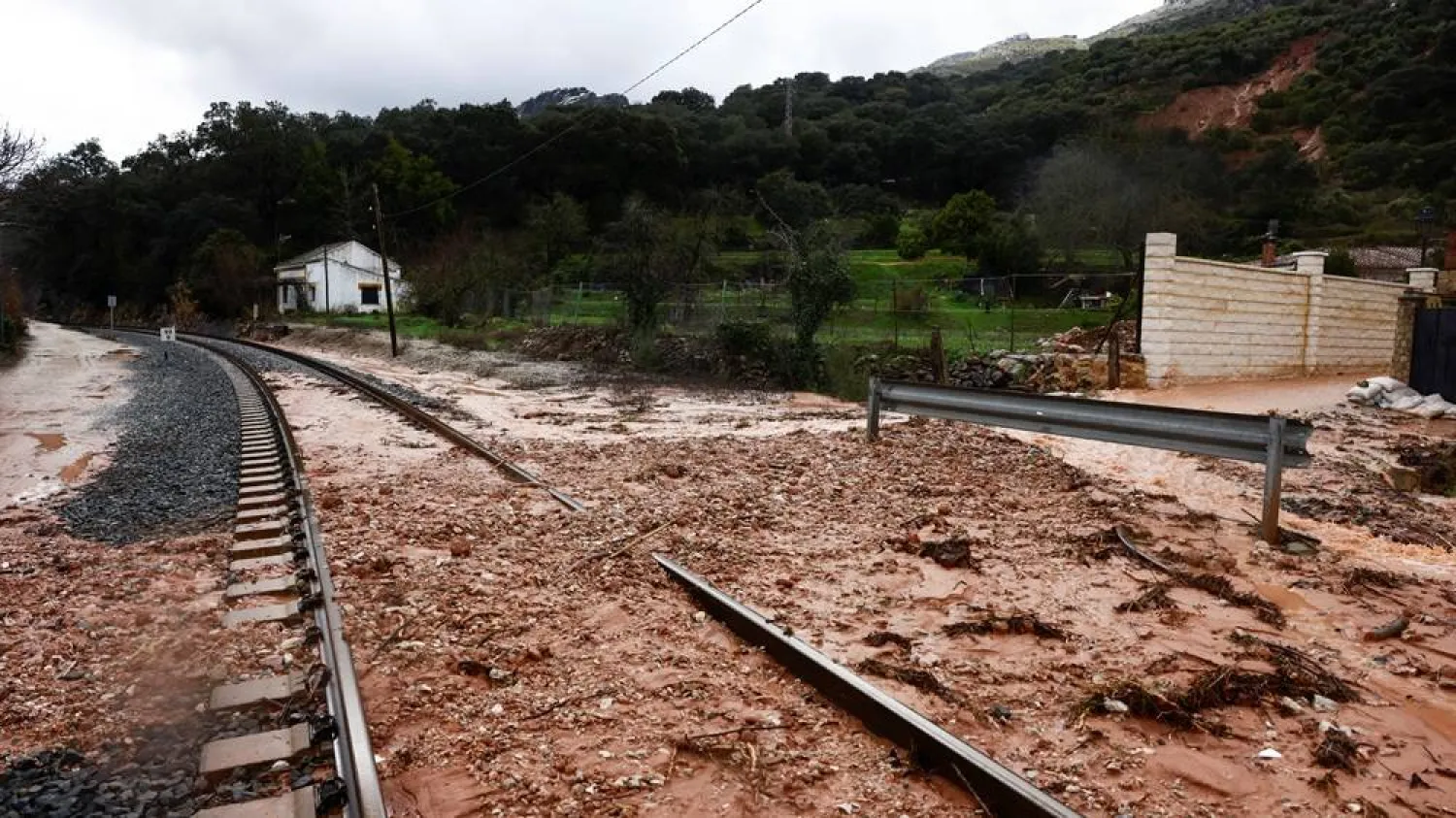Researchers at the University of São Paulo (USP) and the Federal University of Viçosa (UFV) in Brazil have developed a sustainable sensor that can be placed directly on the surface of a vegetable or fruit to detect the presence of pesticides.
The device has the potential to help ensure food safety in a world that increasingly suffers from a shortage of food and the environmental and health problems caused by excessive use of agrochemicals. The results of the study were published in the journal Biomaterials Advances.
Pesticides are widely used to raise crop yields and are typically applied by spraying, but only 50% reach their target. The rest ends up in soil, groundwater, surface water, raw drinking water, wastewater and food products.
Monitoring of pesticide levels in water, soil and food is therefore essential to prevent contact between these toxic substances and the public via the skin, lungs or digestive system.
The researchers explained that the tools most often used for this purpose are chromatographic techniques (consist of separating and defining chemical compounds), which are effective but have drawbacks such as the need for pretreatment of samples, expensive equipment and qualified laboratory specialists, as well as the long time taken to complete the analysis. The unsafe residues produced by organic solvents are also a significant problem under present-day conditions.
As an alternative, electrochemical sensors can combine affordability, rapid detection, large-scale production, convenience, ease of use, high selectivity and in situ pesticide detection.
“Our invention has all these features. The analysis is performed directly on the surface of fruit, vegetables or leaves. It is made of cellulose acetate, a material derived from wood pulp,” said Paulo Augusto Raymundo-Pereira, co-author of the study.
“Instead of the usual materials, which are environmentally unsustainable and take a long time to degrade, such as ceramics or plastic polymers derived from petroleum, we used cellulose acetate, a material derived from plants that has little impact on the environment and disintegrates completely in 340 days or less depending on local conditions. It also has appropriate characteristics, including low cost, portability and flexibility,” he explained.
The researchers carried out laboratory tests in which a pesticide solution was sprayed on lettuce and tomatoes in a simulation of real-world use. The sensor was then directly attached to the lettuce and tomatoes, and measurements showed a level of detection compatible with those obtained with the sensor material most frequently used for this purpose.
The technology can be useful for sanitary surveillance agencies worldwide, farmers, as well as sellers of organic produce to certify absence of pesticides.









